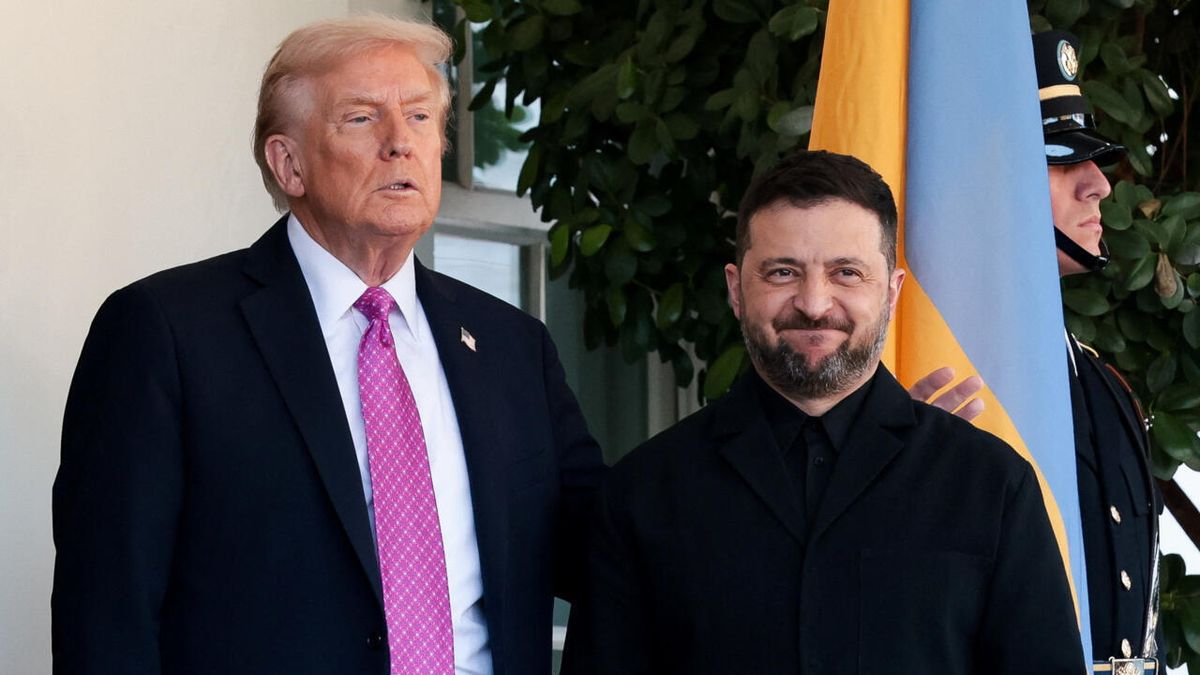Minister Pablo Mieres subscribed to the commitment of the international organization together with his peers in Latin America and the Caribbean.
under the World Day Against Child Laborinstituted by the International Labor Organization (ILO) on June 12, 2002, Paul Mieresminister of Work and Social Security (MTSS) signed with his peers from Latin America and the Caribbean to the commitment to put an end to child labor in our countries.
The content you want to access is exclusive to subscribers.
According to data from the ILO itself, it is estimated that more than 8 million minors are working in the region. In turn, of this total number of children and adolescents, some 5.5 million are performing hazardous work tasks.


“These figures reinforce the importance of taking urgent action and effective measures to protect the rights of children and eradicate child labor in all its forms,” the ILO said in the formal statement.
https://twitter.com/OITconosur/status/1668259032056954883
INAU works to “prevent and combat” child labor
The president of the Institute for Children and Adolescents of Uruguay (INAU), paul abdalaindicated through Twitter that the government agency “works to prevent and combat child labor“, as well as “to regulate and control adolescent decent work”.
In the morning session, the INAU, together with the MTSS and UNICEF Uruguaywill make a presentation of data on the problem of child poverty in Uruguay.
https://twitter.com/pabloabdala66/status/1668233488393285635
Today is the world day against child labor. He @inau_oficial works to prevent and combat child labor, and to regulate and monitor decent work for adolescents. Tomorrow we will present data together with @UNICEFuruguay and the @MTSSuy.
— Pablo Abdala (@pabloabdala66) June 12, 2023
The General Labor Inspector, Tomas Teijeirostressed in an interview on Channel 4 that “child labor is prohibited” in the country, since Uruguay participates in international conventions such as the one signed with the ILO. Both the INAU and the MTSS carry out “ex officio” controls in a coordinated manner to detect labor activities of minors in the national territory.
However, some exceptions among adolescents are provided, as long as they have parental authorization to perform said task, and are monitored by INAU. These jobs will also have “certain types of conditions, such as the schedule, or the type of task,” Teijeiro commented.
Source: Ambito




